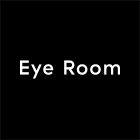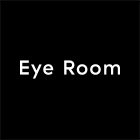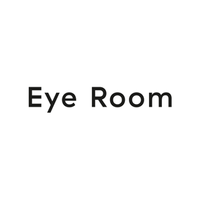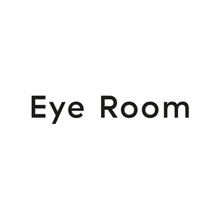In the hustle and bustle of our daily lives, we often take our health for granted, especially aspects that seem to be functioning just fine, like our vision. However, maintaining good eye health is as important as any other aspect of our physical well-being.
Our eyes allow us to perceive our environment, appreciate the beauty of life, and perform essential tasks. However, they are also susceptible to various conditions that can impact their function and our quality of life. From common refractive errors such as myopia (short-sightedness) and hypermetropia (long-sightedness) to more serious conditions like glaucoma and macular degeneration, there are a multitude of reasons why our eyes might need medical attention.
This is where regular eye exams come into play. These are not just for those who already wear glasses or contact lenses. Regular eye exams can help detect early signs of eye diseases before they become severe. Early detection often leads to more effective treatment, which could prevent vision loss. They also can uncover other health issues, like diabetes or high blood pressure, as these conditions often manifest symptoms in the eyes first.
Eye examinations are crucial in maintaining eye health and preserving clear vision. It's important to give priority to your eye care as part of your overall health regimen.
The Importance of Regular Eye Tests
Regular eye exams play a crucial role in maintaining our vision and overall health. They help in the early detection of eye diseases and other health conditions, enabling timely treatment and prevention of further complications.
Eye exams are not just about checking whether your vision is clear or if you need glasses. They are comprehensive checks that can detect a range of conditions, often before any symptoms are noticed. Common eye conditions such as myopia (short-sightedness), hypermetropia (long-sightedness), astigmatism, and presbyopia (age-related long-sightedness) can be easily detected during a routine eye exam. More serious conditions like glaucoma, cataracts, macular degeneration, and diabetic retinopathy can also be diagnosed early through regular check-ups.
The importance of early detection cannot be overstated. Many eye diseases develop slowly and don't have noticeable symptoms in their early stages. By the time symptoms do appear, significant damage may have already occurred. However, if these conditions are caught early through regular eye exams, they can often be treated before any permanent damage is done, preventing vision loss.
Additionally, eye exams can also reveal signs of other systemic diseases like diabetes, thyroid disease, high blood pressure, and even cancer, often before symptoms show up elsewhere in the body. Therefore, regular eye tests are not just necessary for maintaining good eye health, but they are also an important preventive measure for overall wellness.
The Difference Between Regular Eye Tests and Annual Eye Exams
When it comes to safeguarding your vision, understanding the difference between regular eye tests and annual eye exams is crucial. Both play a significant role in maintaining optimal eye health, but they serve different purposes and offer varying levels of assessment.
A regular eye test, often referred to as a routine eye exam or vision screening, primarily checks for refractive errors like nearsightedness, farsightedness, and astigmatism. It aims to determine whether you need corrective lenses (glasses or contacts) to improve your eyesight.
On the other hand, an annual eye exam goes beyond checking just for refractive errors. This examination evaluates the overall health of your eyes. It involves a detailed inspection of all parts of your eyes and includes tests to screen for common eye diseases like glaucoma, cataracts, macular degeneration, and diabetic retinopathy.
The choice between a regular eye test and an annual eye exam can depend on various factors such as age, eye condition, and risk factors. For instance, children, who may not be able to articulate vision problems, should have regular comprehensive eye exams to detect any issues early and ensure normal vision development. Adults, especially those over 40, should also opt for annual comprehensive exams as the risk of eye diseases increases with age.
However, individuals with certain risk factors, such as diabetes, high blood pressure, or a family history of eye disease, may need more frequent or specific tests. Those who wear glasses or contacts might also need regular eye tests to ensure their prescription is up-to-date.
In conclusion, while both regular eye tests and annual eye exams are essential components of eye care, their use depends largely on individual needs and circumstances.
Choosing the Right Optician
Eye Room stands as a testament to the passion and dedication of its founder, Tomas, who brings experiences from all corners of the optical industry. This depth of knowledge and expertise positions Eye Room as a highly trustworthy and qualified optician.
At Eye Room, we focus on providing personalised and comprehensive eye care services that go beyond the typical high-street optician experience. We understand that every individual's eye care needs are unique, and we are committed to spending the time required to ensure each patient gets the attention they deserve.
What sets Eye Room apart is our emphasis on quality and individuality. We proudly carry independent eyewear brands, offering a selection of frames that are not only of high quality but also unique in design. This ensures that you are unlikely to bump into someone else wearing the same pair of glasses, adding an extra level of personalisation to our service.
Given the importance of regular eye exams, it's advisable to schedule your next one if you haven't done so already. Even if your vision seems fine, remember that some eye conditions and related health issues may not present noticeable symptoms until they've significantly progressed. Regular check-ups can help catch these conditions early, offering better treatment options and outcomes.







